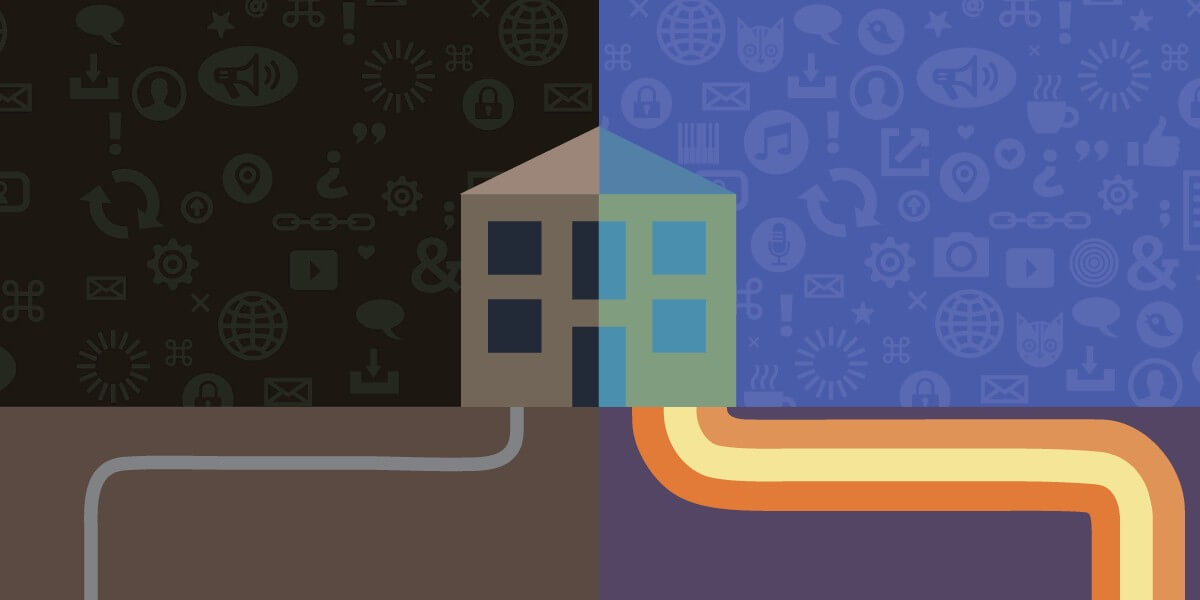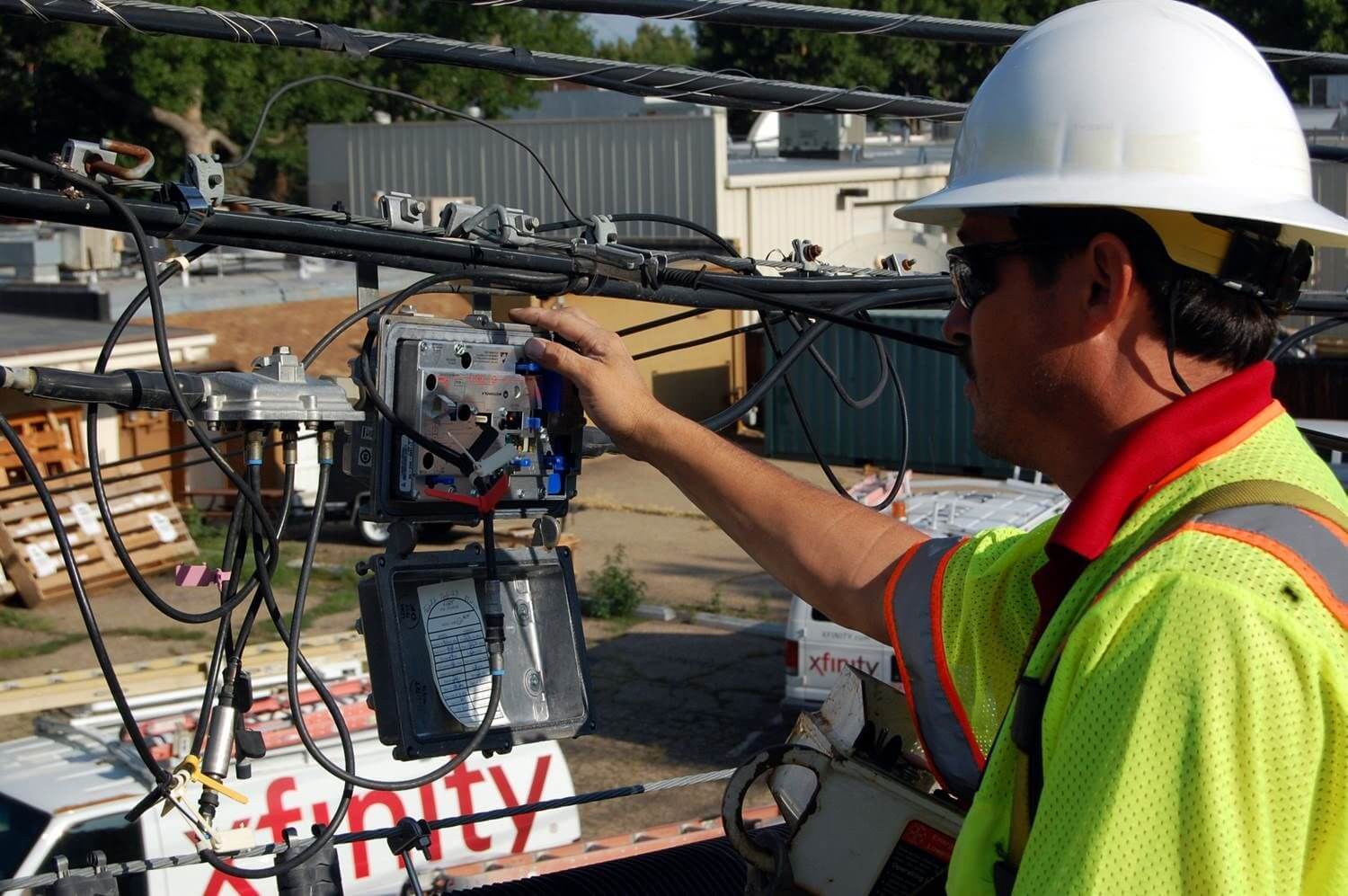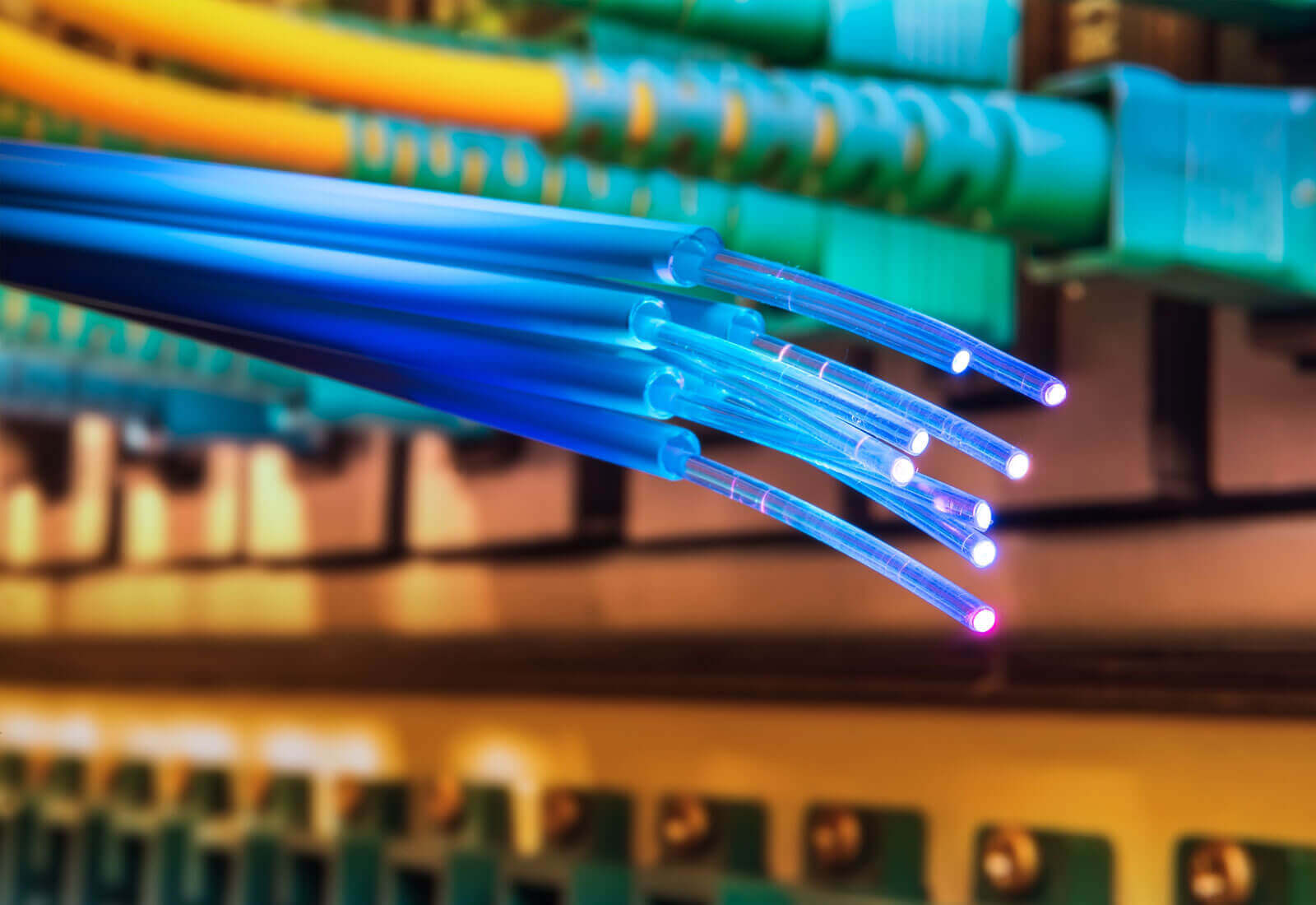Why it matters: Comcast says it's seen a surge in internet traffic from people stuck at home using messaging and conferencing apps, downloading games, and streaming video – especially now that it waived data caps. And since that didn't exactly strain its network, the company could use this experiment to decide if data caps even make sense any more.
With more and more people being bunkered down in their homes to curb the spread of the coronavirus, internet service providers have seen their networks capacities tested more than ever. Business and video app downloads have skyrocketed in March, which is why YouTube, Amazon, and Netflix have made some adjustments to video bitrates and default quality settings to achieve some much needed bandwidth savings.
In a world struggling to cope with the impact of an ongoing pandemic, some companies have seen the opportunity for easy profits. Take Qualcomm, who thinks this is the right moment to sue Netflix for allegedly infringing several of its video patents.
Other companies like Comcast have taken a different approach. The internet service provider recently suspended data caps, and noticed two things: there's been a dramatic shift in when and where people use the Internet, and peak traffic went up 32 percent in most regions.

However, there's one thing that stands out from the report: all things considered, the surge in bandwidth usage doesn't seem to have put a significant strain on its infrastructure. This raises some questions as to why data caps still exist, especially on wired connections.
It was only a few years ago that data caps were a hot subject for debate and the worst enemy of streaming companies like Netflix, who see them as a vestige from an era when broadband providers could more easily find an excuse to dig deeper into consumer pockets.
The common theme among ISPs has been that data caps prevent network traffic congestion, but this doesn't seem to be a problem in placest like Northeast United States, where there's competition from the likes of Verizon.

Comcast has a long-term plan to add fiber and capacity to its network and its engineers are already confident in its ability to serve customers during this surge, so it seems feasible to drop data caps entirely and thus make overage fees a thing of the past. The company told Ars Technica that it's too early to have that discussion, but the current waiver for data caps will last until May 13.
Verizon and AT&T have also removed data caps to its clients, and they will most likely brag about their networks working perfectly fine during the coronavirus pandemic. The simple fact that big ISPs are able to confidently allow everyone to use their Internet connections with no limits says a lot about how absurd data caps are today.
Even FCC Commissioner Jessica Rosenworcel thinks the FCC has done little to persuade providers to eliminate data caps and overage fees. The coronavirus pandemic could become an opportunity for broadband providers to advertise unlimited data as the normal evolution of their services, but that remains to be seen.
